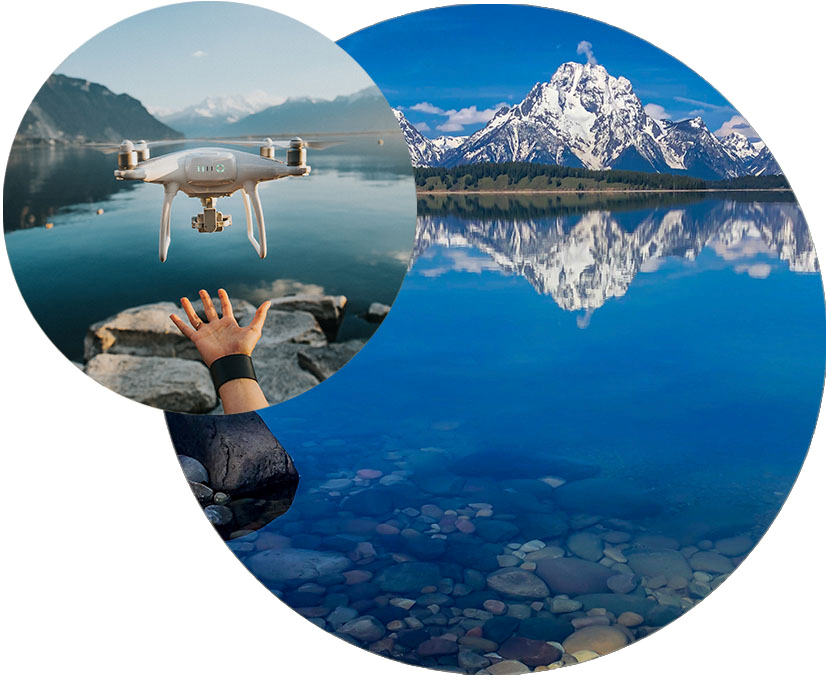Wyoming Geographic Information Science Center (WyGISC)
WyGISC is an interdisciplinary research and service center housed within the School of Computing. The center is focused on the development and education of geospatial information and technologies and their applications. Its mission is to advance the knowledge and application of geographic information science and technology through research, education, and service. WyGISC aspires to become a premier interdisciplinary center in geographic information science research while strengthening our unique leadership role in service and outreach to the university, state, and region.
Data Science Center (DSC)
The Data Science Center will provide an academic hub for data science at UW, providing the key academic component in a "UW Data Science Collaboratory" (DSC, Library, ARCC, WyGISC, WNA, Maker Space, Extension along with disciplinary partners including AHC, INBRE Data Core, WYNDD, RMH, 3D Viz, NSF WyACT, etc).

Connect with UW’s Faculty-Led Computing Labs
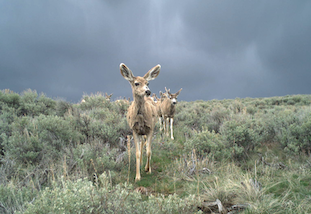
We merge animal tracking, remote sensing, and intensive field research to gain insights into the resource and habitat requirements of wildlife. We also assess emerging threats to critical habitats and work to understand the impacts of habitat change on wildlife behavior and populations.
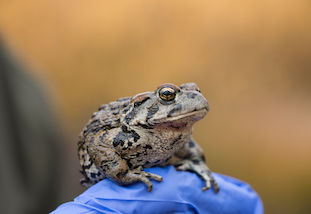
We work at the intersection of disease ecology, population demography, and animal behavior, often employing data science techniques to provide evidence-based solutions to conservation challenges. We also study disturbance ecology, particularly how natural and anthropogenic disturbances influence host-pathogen dynamics.
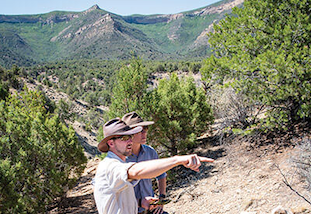
The lab is dedicated to using computational tools to address interdisciplinary research problems and real world challenges.
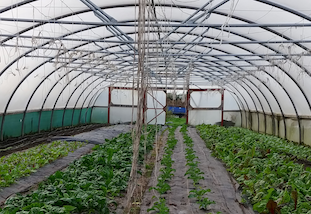
In a rapidly changing world, we are confronted with the challenge of simultaneously planning for food-energy-water systems and communities that are more environmentally responsible, more resilient to change, and more welcoming for residents. These outcomes, from the scale of individuals to regions, are shaped by assemblages of resource-provisioning infrastructures, institutions, and ecosystems.
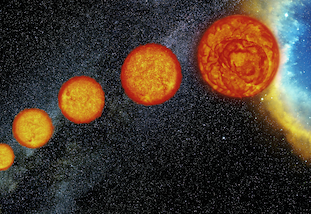
The Joyce Lab specializes in the application of high-performance computing, statistics, and data science techniques to problems in stellar astrophysics, especially stellar structure and evolution, stellar variability, and Galactic archaeology.
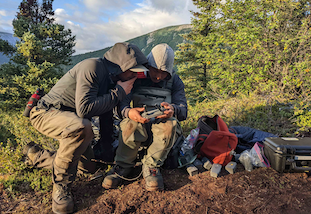
The Koger Lab specializes in designing and using novel imaging and image processing techniques to study natural systems. The lab uses a combination of drone, satellite, and ground-based imagery paired with deep learning detection and tracking algorithms to investigate how animals’ behaviors are influenced by their social and physical environments. The labs current research program is focused on novel methods for monitoring landscapes in the American West and understanding collective navigation and predator-prey dynamics in Pacific salmon ecosystems around Bristol Bay, Alaska.
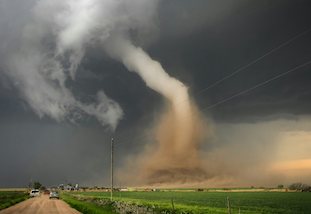
Changing natural disaster risk profiles are already rippling across financial markets and wreaking havoc to ecosystems the human-built environment, disproportionately affecting under-resourced communities. Studying the underpinning atmospheric physical mechanisms which modulate these risks is hampered by the carse resolution (grid lengths of >100 km) of earth system models (ESMs), which are the principle tools used explore how the earth system's varying components (cryosphere, atmosphere, ocean, land-surface, vegetation) interconnect to modulate our day-to-day weather.
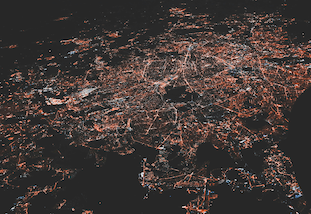
My group develops methodology and theory for network-based models of complex systems and high-dimensional data including AI algorithm development. At the same time, we strive to integrate emerging advances in mathematics, computing and AI to engineering new methodologies that cater specifically to new application domains.
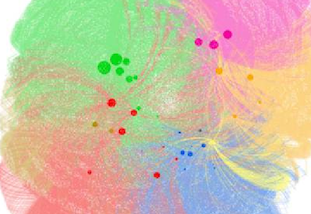
Our research interests span both geocomputation and geographic information science. Much of his work has been on improving the understanding and design of volunteered geographic information (VGI) system, mainly through the application of geocomputation and data mining technologies. In the geographic information science area, he has worked on applying cybernetic theories to geospatial investigations.
Facility Resources
Data-X Studio
The Data-X Studio, housed in SIB 4030, is a dedicated computation-focused space for data science-oriented collaborative learning and data analytics and visualization.
Learn More About This Space
